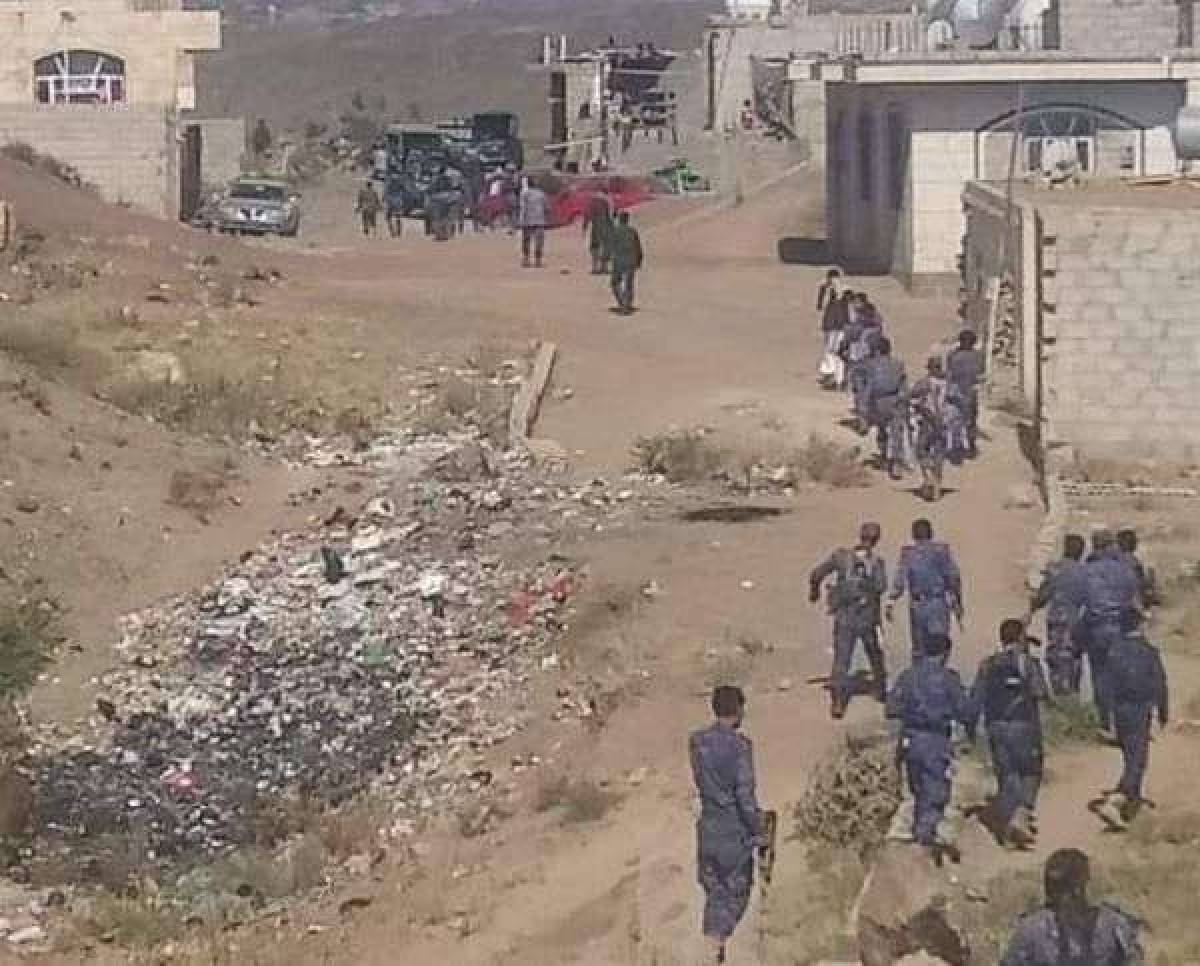Houthi leaders fuel tribal disputes


The Yemeni governorates under the control of the Iranian-backed terrorist Houthi militia witnessed a significant expansion in acts of looting and conquest of lands by force of arms by senior Houthi leaders. On the other hand, other Houthi leaders fueled tribal disputes between many families over property.
Private sources confirmed that prominent Houthi leaders, most of whom belong to the governorates of Saada, Amran, Sana'a, Hajjah, and Dhamar, expanded their acts of looting and conquest of lands in the various governorates under their control, most of them in Sana'a, Amanat Al-Asimah, Hodeidah, Ibb, and Dhamar.
The sources said that the militia leaders use heavy, medium and light weapons, and dozens of their members, to loot lands, some of which belong to the state, some of which belong to relatives of leaders in the ranks of the government forces, in addition to lands belonging to citizens, and plunder them by force of arms.
According to the sources, a number of families were unable to enter the courts, as a result of the courts being exploited for the benefit of the Houthis. In return, they did not find anything to cover the costs of the court and its long sessions that last for years, and they submitted to the fait accompli and were unable to defend their lands because they did not have relatives to take shelter with. At the same time, Houthi leaders were unable to plunder other citizens’ lands as a result of strong resistance by landowners.
In addition, other Houthi leaders worked to inflame the situation between the tribes over property, and fuel disputes between them, as they supported one party against another, after engaging them in a conflict over lands or a border between village and village, and preoccupying them with internal disputes.
Tribal sources indicated to Khabar Agency that the Houthi leaders direct their members to carry out attacks at night on the lands and property of some families, with the aim of accusing the other family with whom there are disputes, and most of this takes place in the governorates of Ibb, Al-Bayda, Dhamar, Amran and Hajjah.